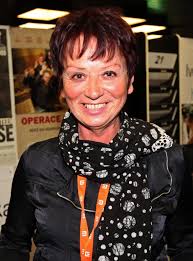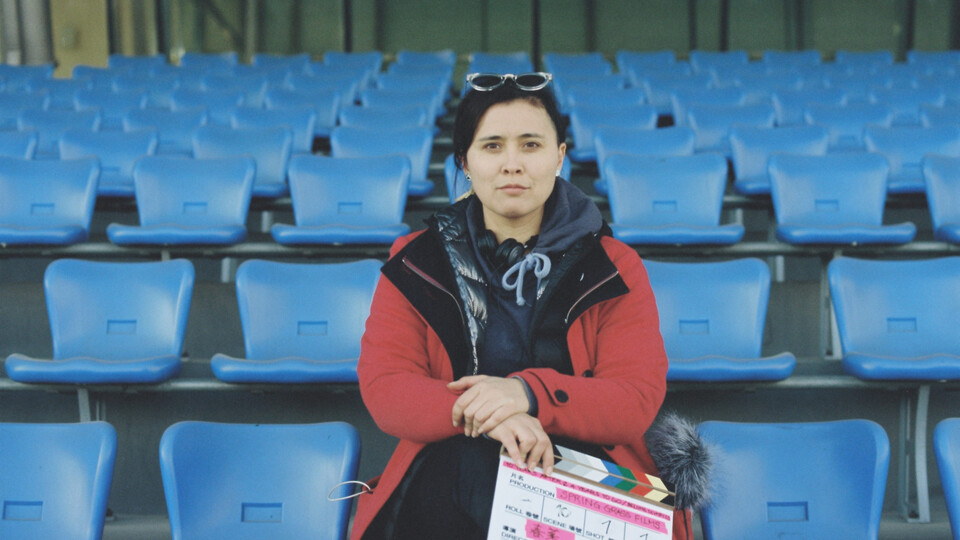Lean a Ladder against Heaven
In 2008, I read an article in Mladá Fronta daily about a charismatic priest from the small village of Žakovce under the Tatra Mountains. I stopped by there in the summer of the same year as I was hiking with my family in Slovakia. First it was hard to get to him. In the end I managed to arrange a five-minute meeting which then lasted one hour. I asked whether I could come back with a tape recorder, as I always have to get familiar with the people and the place before I decide to make a film. He replied that they were neither calling anyone nor throwing anyone out; that everything was in God’s hands.
First I stayed for more than two weeks and then I would go to Žakovce throughout the year. Marián was mostly with the men, I would go with them to morning and evening masses, to the woods to collect wood, to demolitions, to Roma settlements, to meetings. Later I had a chance to get closer to the community of women, who lived 4 miles from the presbytery and would commute every day for masses and work. I had to find my own space among these people. Gradually they started opening their hearts to me. The method of approaching both sides enabled me to observe priest Marián from a distance, from the perspective of people he had helped or was still helping. I have perceived it as a way to create a multi-layered portrait.
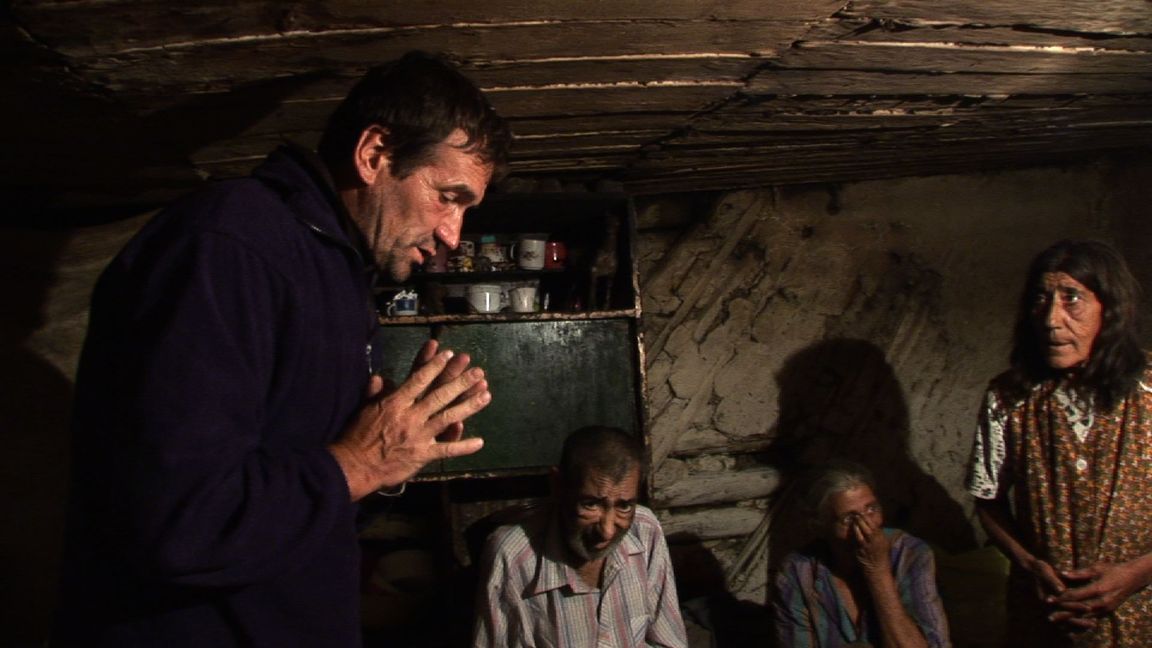 |
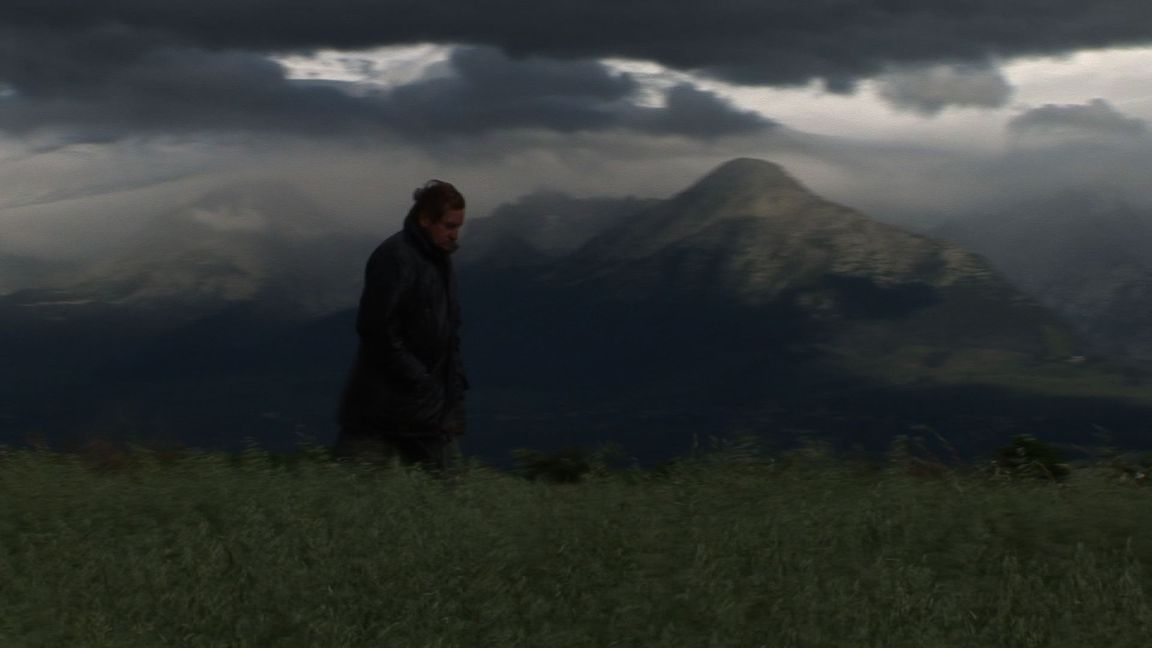 |
Lean a Ladder against Heaven
Marián’s role remained constant on the surface; which challenged me even more to go deeper and establish greater intimacy. On the contrary, the life stories of those he was helping were totally unpredictable. For instance, we have shot five returns and departures of one of the local alcoholics. During the five years of shooting, there has been a shift in the life of each of those people. In a way, their stories represent an answer to the question whether Marián’s effort makes any sense.
People who would come to the presbytery could not often tell the priest from the other men from the distance. In the morning, he would distribute work and drudge with the others in a shabby coat. At noon, he would stop the work and they would all go to the chapel to tell their beads. Sometimes he would wear muddy boots, sometimes a torn shirt. There were moments when he would get mad and bawl the men out. He behaved naturally and yet he was willing to sacrifice himself for those people.
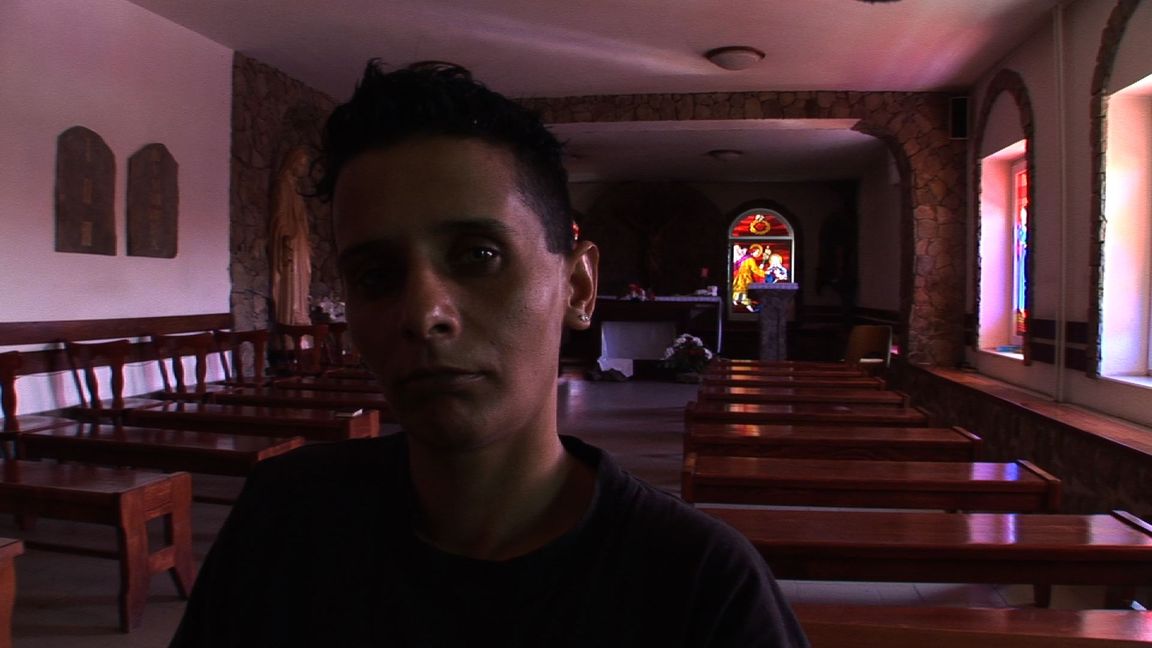 |
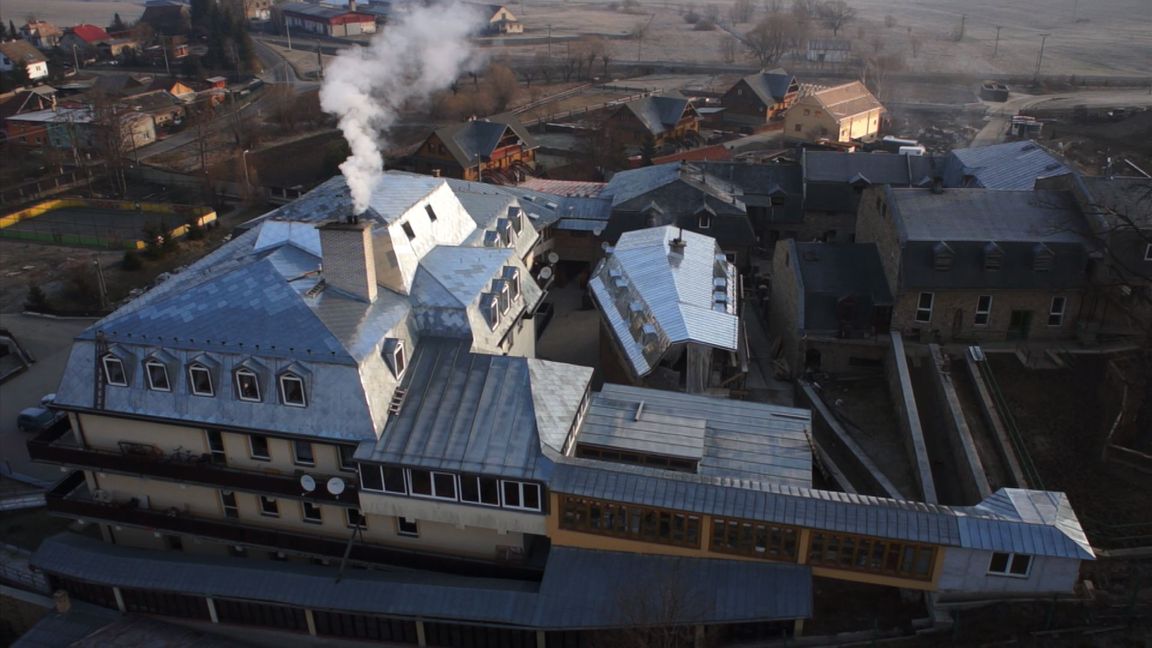 |
Lean a Ladder against Heaven
In my previous documentary about children from Gyumri, Armenia, who were named after their deceased siblings and were turning into them gradually, there was a moment when I wanted to stop shooting and stop making the film, as I had no strength to go on. To me, the film about Žakovce and primarily about Marián meant a renewal of inner joy and meaning of existence. The meaning of humility. The meaning of sacrifice.
|
|
Jana ŠevčíkováJana Ševčíková (1953), independent director, screenwriter, producer. She is renowned primarily for her documentary The Old Believers (2001) about a Russian religious minority of the Bespopovtsy living in a Romanian village at the Danube Delta. Her other documentaries include Jakub (1992) focusing on Ruthenians living in Romania‘s mountains and Gyumri (2008) capturing the parents of children who died at the earthquake in Armenia in 1988. Her films have won numerous awards and were screened at a whole range of leading festivals across the world. Paradoxically, her works are renowned internationally but less known in the Czech Republic. |
Lean the Ladder against Heaven will be screened at the documentary competition at Karlovy Vary International Film Festival.
Translated into English by Tereza Chocholová


